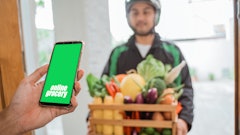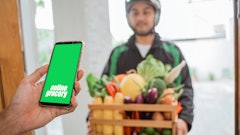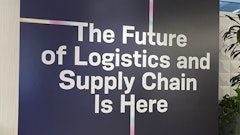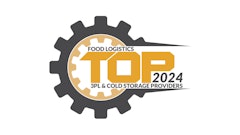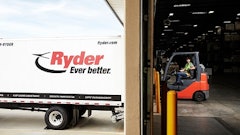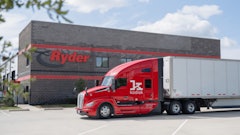
The meal kit industry has witnessed remarkable growth in recent years. Many consumers tried them during the pandemic, loved the convenience and personalized culinary experience, and continued using them.
With hyper-growth potential, there has been a steady stream of meal kit companies launching to fill the demand. MarketResearch.biz estimated the meal kit market at $14.8 billion globally in 2022 and expected it to grow to $55.4 billion by 2032.
However, meal kit delivery presents one of the most difficult challenges in the logistics industry. Behind the scenes, third-party logistics (3PL) companies specializing in last-mile delivery play a crucial role. The highly perishable ingredients must be delivered quickly to customers’ doors and maintain the correct temperature for food safety throughout.
Finding the right logistics partner for the meal kit industry is tough due to the unique requirements but it is critical to long-term success and profitability. The following tips are key considerations for meal kit companies to find the right logistics partner:
- Last-mile delivery. Not every 3PL handles last-mile delivery well. With every package landing on a customer's doorstep, your 3PL partner must have a robust and reliable last-mile delivery service fleet that can service both urban and rural deliveries within specific time frames, and a customer portal that offers access to track and trace technology, and proof of delivery in real-time.
- Industry-specific expertise. Look for companies experienced in managing the cold chain, specifically food, in all the geographic areas you service. Maintaining proper temperature control throughout transit is crucial to preserving the quality and safety of perishable fresh and frozen ingredients, potentially saving the shipper financially from spoiled product loss. Industry expertise also enables you to leverage your logistics partner’s knowledge to understand and anticipate the challenges and ultimately strategize with you on opportunities to give you a competitive advantage.
- Packaging expertise. Seek a logistics provider who understands the unique packaging requirements of meal kits. They also must have expertise in handling produce carefully, as many fruits and vegetables require delicate handling to avoid damage or spoilage.
- National partner network. Given the widespread demand for meal kits, it is essential to select a logistics company with a robust national partner network for reliable nationwide shipping. This network should include warehouses, distribution centers, and vetted last-mile delivery drivers across the country with expertise in handling perishable goods.
- Proprietary customer technology portal. Seek a logistics company that offers a customer portal with 24/7 real-time visibility and support. Features should include system integrations, open API, GPS tracking, delivery notifications and proof-of-delivery with image verification.
- Single point of contact. Select a logistics partner that handles all complex and intricate tasks that come with last-mile delivery regardless of the geographic region.
- Dedication to customer service. A logistics company that values customer service contributes to a positive customer experience, fostering brand loyalty and positive reviews. This includes being adaptive, responsive to inquiries, transparent and timely communication regarding shipment status, and the ability to handle any issues or complaints promptly.
- Attention to detail. Look for a logistics company that will notice and report back to you whether packaging is working well or failing and offer insight on how it can be improved.
- Compliance. Verify that the logistics company is well-versed in compliance with relevant regulations, including food safety standards, labeling requirements, and the specific regulations applicable to the food industry.
- Automation with oversight. The ideal logistics partner is able to balance utilizing technology with human oversight, having experienced professionals to manage challenges and maintain the high quality and safety standards required in the food industry.
According to a survey by Money.com, “about 29% of Millennials (those aged 18-29) and 26% of Gen-Xers (those aged 30-44) report trying a meal kit service, compared to only 12% of those over age 45 that say they’ve tested them out. And one in four of those who have tried a meal kit are urban dwellers, as opposed to only 14% of those living in rural areas.”
With the popularity of meal kits growing among young adults in urban and rural environments, your choice of a 3PL that specializes in last-mile delivery and knows your industry inside and out will be one of the most important factors in your company’s success.
By considering these 10 factors, meal kit providers can establish reliable logistics partnerships that ensure the delivery of fresh, high-quality ingredients to consumers' doorsteps, contributing to their success in this rapidly growing market.






